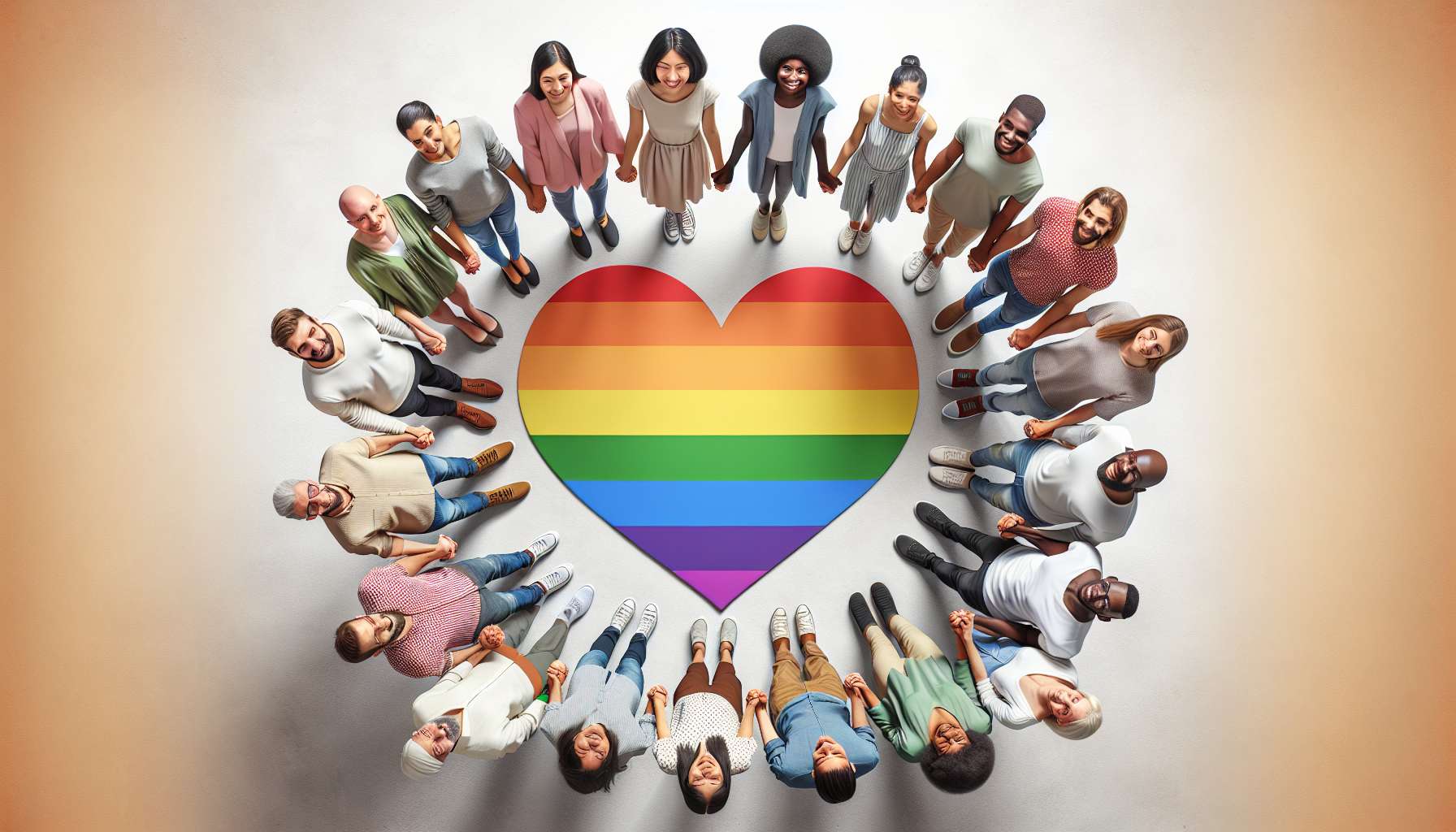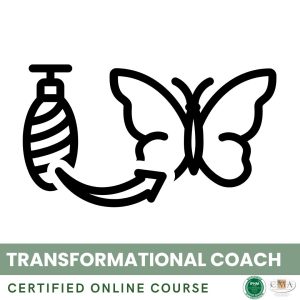Sexual health is a central issue for LGBTQ+ individuals, who are particularly exposed to sexually transmitted infections (STIs) due to biological, behavioral, and social factors. Men who have sexual relations with men (MSM) are thus the population most affected by HIV and other STIs such as syphilis, gonorrhea, or viral hepatitis. Trans people, often marginalized and precarious, are also very vulnerable with a prevalence of HIV that may reach 20 to 30% in some studies.
Beyond individual factors (number of partners, condom use, screening), it is indeed the social context of homophobia and transphobia that promotes the dynamics of STIs. Stigmatization and discrimination limit access to prevention and care, while the internalization of negative prejudices can lead to risk-taking. A young gay person confronted with his family’s rejection and homophobic violence will thus have more difficulty imposing a condom use and taking care of his health.
In the face of these challenges, it is essential to have a holistic and positive approach to sexual health, which is not limited to STI prevention but also includes emotional and sexual fulfillment. The coach must create an open and benevolent dialogue space to discuss these personal issues, without taboo or judgment. His role is to inform about modes of transmission and means of protection, but also to explore representations and emotions linked to sexuality.
A key point is to promote regular HIV and other STI testing, by orienting towards suitable structures (CeGIDD, community associations). Screening allows for early diagnosis and treatment, which improves the individual prognosis and reduces transmission risks. For MSM, it is recommended to get screened every 3 months in the case of unprotected intercourse. The coach can help to incorporate testing into a health routine, by exploring possible obstacles (fear of the result, fear of judgment…).
It is also important to inform about new prevention tools like PrEP (pre-exposure prophylaxis) and PEP (post-exposure treatment). PrEP is an antiretroviral treatment continuously taken or on demand by HIV-negative individuals highly exposed to HIV. It reduces the risk of infection by more than 90% in case of proper intake. PEP is an emergency treatment to be taken within 48 hours after exposure to HIV (unprotected intercourse, condom rupture…) to prevent contamination. These tools do not replace the condom but provide additional protection for people who may not always use it. The coach must be able to explain their operation and guide towards specialized consultations.
Beyond prevention, the coach may also need to accompany people living with HIV or another STI. The announcement of seropositivity is often a shock that requires psychological support to go through the stages of grief (denial, anger, depression before acceptance). The coach will help to integrate HIV into one’s life story, manage secrecy and share the status, maintain a fulfilled emotional and sexual life. He will strive to fight against the anxious representations of HIV and promote the therapeutic progress that today makes it possible to live long with an undetectable viral load.
Finally, the coach has a role to play in the fight against discrimination that weakens the sexual health of LGBTQ+ individuals. This involves working on the social representations of HIV and STIs, often still associated with shame and guilt. The aim is to deconstruct stereotypes on LGBTQ+ sexualities (promiscuity, risk-taking) to enhance the diversity of paths. The coach can also guide towards HIV/AIDS fighting associations that offer spaces for exchanges and empowerment.
In summary, the LGBTQ+ sexual health coach must be a benevolent and committed ally, capable of addressing all dimensions of sexuality in a holistic and a positive approach. His role is to inform, orient, and support, always maintaining an ethical and non-judgmental stance. The goal is to allow everyone to live a fulfilled and safe sexuality, regardless of their sexual orientation, gender identity, and serological status.
Key points to remember:
– LGBTQ+ individuals, especially MSM and trans people, are more exposed to HIV and other STIs due to biological, behavioral, and social factors.
– The context of homophobia and transphobia promotes the dynamics of STIs by limiting access to prevention and care and leading to risk-taking.
– The coach must have a holistic and positive approach to sexual health, by creating an open and benevolent dialogue space, without taboo or judgment.
– It is crucial to promote regular HIV and other STI testing and to inform about new prevention tools like PrEP and PEP.
– The coach can accompany people living with HIV or another STI providing psychological support and fighting against anxious representations.
– The coach has a role to play in the fight against discrimination by deconstructing stereotypes on LGBTQ+ sexualities and guiding towards support associations.
👉 To download docx (Editable) file click here : Click here
👉 To download PDF file click here : Click here
👉 To download MP3 file click here : Click here







